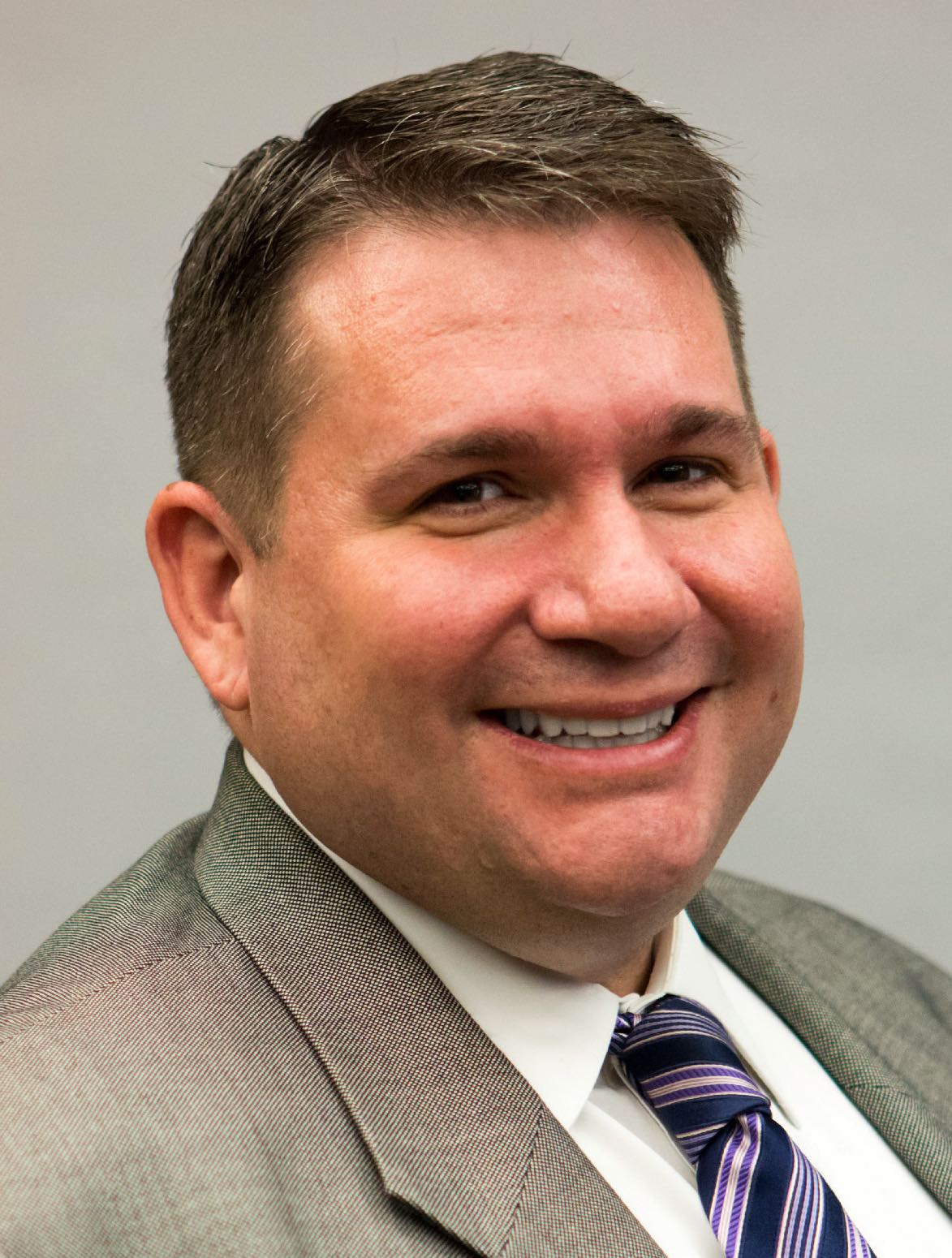 David Precise
David Precise
Executive Director of NAMI Louisiana
Jumping Over a Dollar to Pick Up a Nickel
How mental health policies, including the new Medicare Part D proposed rule, sacrifice patient outcomes and long-term cost control for short-term savings
There is an expression I use—jumping over a dollar to pick up a nickel—that describes ignoring one reward in pursuit of another, smaller prize. Blinded by the appeal of the shiny nickel, we ignore the dollar right beneath our feet. Too often, our nation’s mental health policies are driven by such short-sighted mentality; and too frequently, people with mental health disorders suffer as a result.
When the Centers for Medicare and Medicaid Services (CMS) recently announced a Medicare Part D proposed rule, one which would restrict beneficiaries’ access to important antidepressants and antipsychotics, I was disappointed to see yet another example of this reckless mindset. For while restricting formularies is often proposed as a way to control health care costs, we know that denying patients’ access to the full category of drugs often leads to worsening conditions and increased health costs down the road.
That’s because every human being’s brain is different and responds to treatment in different ways. If there are 20 different drugs for schizophrenia and the formulary is cut to just the four cheapest, we put individuals at great risk, and society incurs the associated health costs of untreated and uncontrolled mental illness.
Proving this point, one study by the American Psychiatric Association found that when Medicare patients with mental illness had their medication terminated or interrupted because of formulary changes, many ended up destabilized and in need of costly intervention. Of the patients who had medication-access issues, nearly 20 percent required an emergency room visit and 11 percent required hospitalization. Meanwhile, 3 percent ended up homeless for more than 48 hours.
At a time when national attention is focused on improving mental health care and mental health parity is now literally the law of the land, a rule limiting access to important psychiatric medications is a disappointing set-back. It seems to be the same-old jumping over a dollar to pick up a nickel and I had thought we were progressing past that.
Arming physicians for a fair fight
As executive director of NAMI Louisiana, I work every day to bring attention to the challenges facing people living with mental illness, and I am not naïve about the long road that still lies ahead. One reason the Medicare Part D proposed rule caught me by surprise is that it comes on the heels of opposite policy action here in my home state.
It’s not often that we in Louisiana get to brag about our health successes, but in 2013 our legislature passed a law that removes fail-first requirements from our state’s Medicaid managed care programs. As a result of the new law, physicians in our state’s Medicaid managed care programs have the authority to prescribe medication they think is most appropriate for their patients without payer-imposed restrictions. This means patients will be able to receive appropriate care at the outset, without having to try other, less-effective drugs first.
Arming physicians with the tools they need to manage patients’ care in this way is essential to controlling cost and achieving positive outcomes. And yet, the Medicare Part D proposed rule does just the opposite by crippling physicians’ prescribing authority and limiting patients’ access to care.
In the United States we talk a lot about pride in our military, and rightly so. We invest heavily in our military and we equip our armed forces to do their jobs effectively and efficiently. Wouldn’t it be something if it were the same with mental health care? Imagine what it would be like if we gave our physicians access to every tool they needed to manage patients’ care. Picture what our mental health landscape would like if we entrusted providers to use those tools as they see fit, based on their experience and understanding of each patient’s unique mental health needs.
In the same way that we enable our military to be successful, we must give our physicians the opportunity to treat patients with the full arsenal of options at their disposal. And that is why we must speak out against the Medicare Part D proposed rule.
Never going to give up
Although it may be frustrating we are having to fight this battle again, we must continue to raise our voices and advocate for access to appropriate, quality mental health care. We must convince our leaders that if we start creating policies that put the patients first, the savings will follow. It will take us continuing to beat the drum and change the conversation so that eventually our policy makers understand that giving people in crisis fewer options is neither medically sound nor cost-effective.
I have no doubt that our community of mental health advocates is ready for this next challenge. I look at your tenacity and resilience over the years and know that you are never going to stop fighting. It’s taken decades to even get this on people’s radar; now that it’s finally here, and mental health parity is literally the law of the land, I believe our momentum will carry us on and we will be on the right side of history. The issue is too important and effects far too many people for us to jump over a dollar in pursuit of a nickel.
Your Turn
Share your story here and with your legislators.
- How have you or a loved one been affected by restricted formulary?
- How did having access to several medications make a difference in your or a loved one’s stability?
Visit the NAMI Advocacy Action to send a letter to your U.S. Representative and Senators and ask them to communicate with CMS that they oppose implementation of the Medicare Part D proposed rule.









Connect With Us